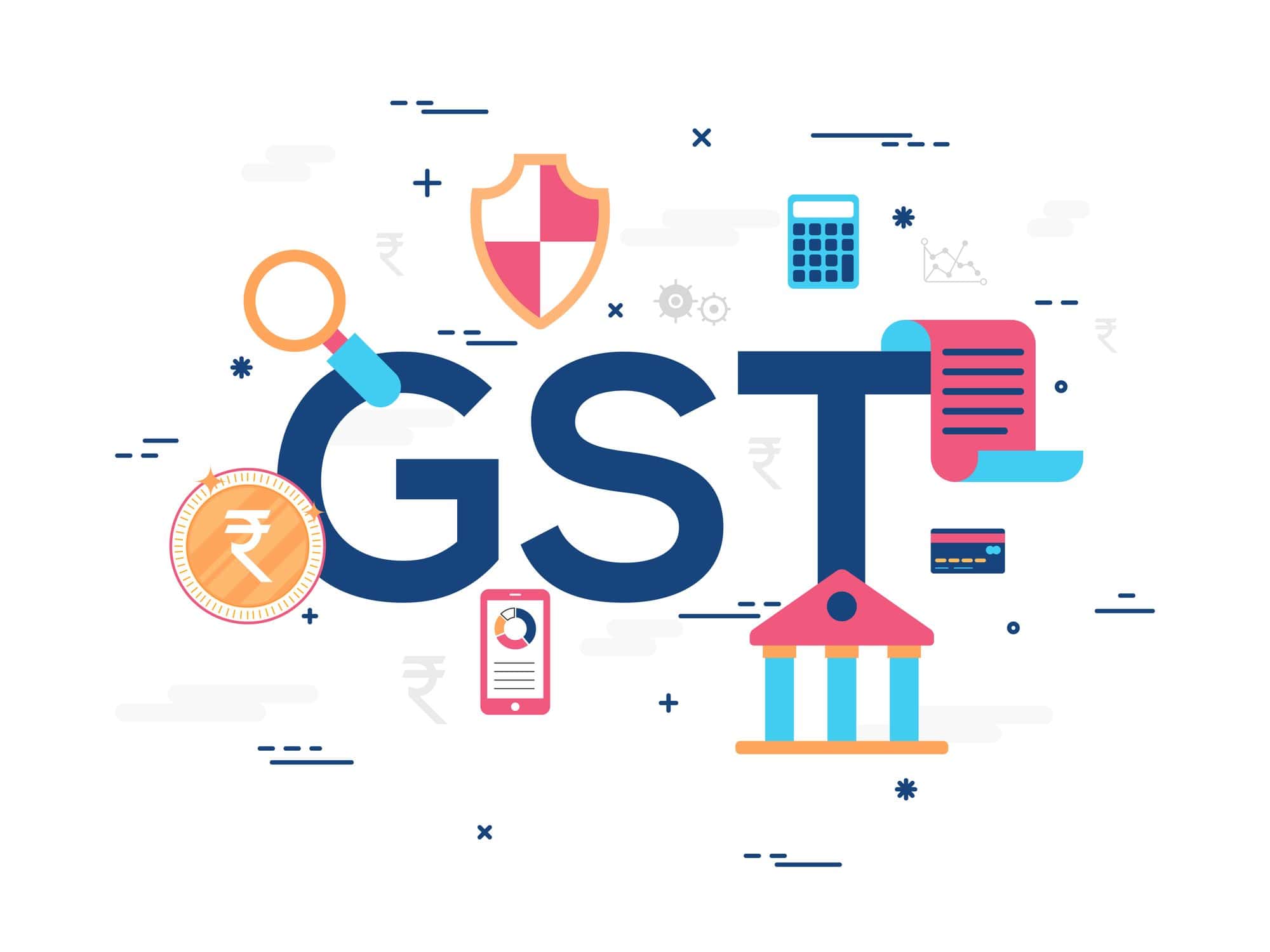Goods and Services Tax (GST) has been a significant taxation reform in many countries, aiming to streamline the tax structure and bring uniformity in indirect taxation. However, amidst the complexities of GST, there exists a concept of GST exemption, which plays a crucial role in providing relief to certain sectors or categories of goods and services. Let’s delve deeper into understanding what GST exemption entails and its implications.
What is GST Exemption?
GST exemption refers to the relief granted by the government from the levy of GST on specific goods or services. Under the GST regime, certain goods and services are identified for exemption to support various policy objectives such as promoting social welfare, encouraging specific industries, or providing relief to vulnerable sections of society.
Types of GST Exemptions:
1. Absolute Exemption: Goods or services that fall under this category are entirely exempt from GST, meaning no tax is levied on their supply.
2. Conditional Exemption: This type of exemption imposes certain conditions or criteria for availing the exemption. Failure to meet these conditions may result in the withdrawal of exemption and the imposition of GST.
Implications of GST Exemption:
1. Impact on Prices:
GST exemption can influence the prices of goods and services. Exempting certain essentials like food items, healthcare services, and education can make them more affordable for the masses. Conversely, exemption withdrawal may lead to price hikes.
2. Industry Support:
Exempting specific industries or sectors from GST can provide them with a competitive edge and foster growth. For instance, exemptions for small-scale industries or exporters can boost their viability and competitiveness in the market.
3. Administrative Complexity:
While GST exemption serves various policy objectives, managing and implementing these exemptions can pose administrative challenges. It requires clear guidelines, monitoring mechanisms, and compliance procedures to prevent misuse or ambiguity.
4. Revenue Implications:
GST exemptions impact government revenue collection. While exemptions support social welfare and economic development, they may also result in revenue loss for the government. Hence, policymakers need to strike a balance between providing exemptions and ensuring sustainable revenue generation.
Key Considerations of GST:
1. Policy Objectives: Exemptions should align with broader policy objectives such as social welfare, economic growth, and equity. They should be carefully evaluated to ensure they serve the intended purpose without undermining tax revenue.
2. Transparency and Clarity: Clear guidelines and criteria for GST exemptions are essential to avoid confusion and ensure uniform application across sectors. Transparent communication of exemptions helps businesses understand their obligations and entitlements under the GST regime.
3. Periodic Review: Regular review and evaluation of GST exemptions are necessary to assess their effectiveness and relevance in achieving policy goals. Exemptions that no longer serve their intended purpose or result in unintended consequences should be reconsidered or modified accordingly.
If you’re in need of assistance with any GST-related matters, look no further than our thestartupgig expert team. Whether you require guidance on understanding GST exemptions, navigating compliance requirements, or optimizing your tax strategy, our team is here to help. With our deep understanding of GST regulations and commitment to providing tailored solutions, we’ll work closely with you to address your specific needs and ensure compliance with ease. Don’t hesitate to reach out to us for all your GST-related needs.
In conclusion, GST exemption plays a significant role in shaping the indirect tax landscape, providing relief to specific goods and services for various policy objectives. While exemptions contribute to social welfare and industry support, they also pose challenges in terms of administration, revenue implications, and policy coherence. Hence, a balanced and well-informed approach is crucial in designing and implementing GST exemptions to ensure they contribute effectively to the broader goals of economic growth, equity, and social development.




